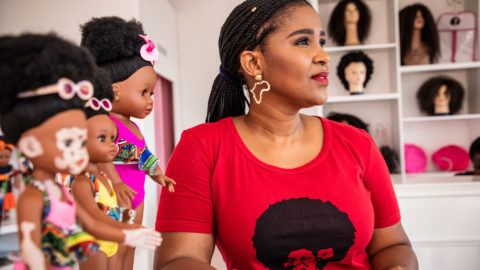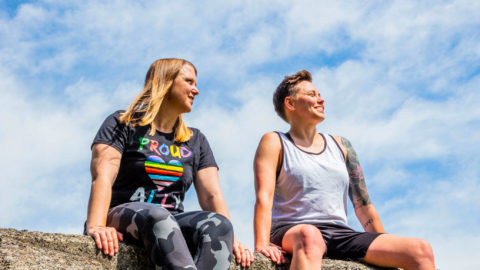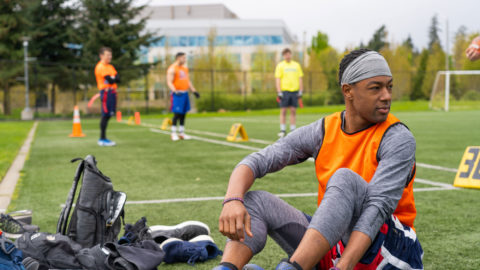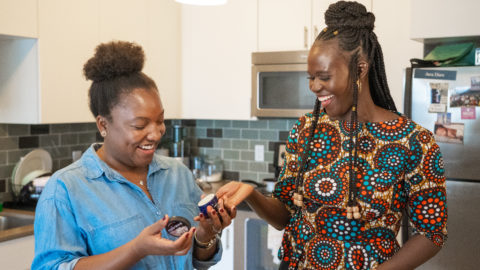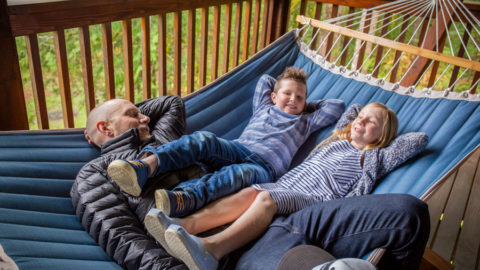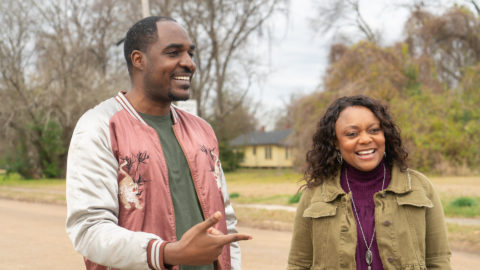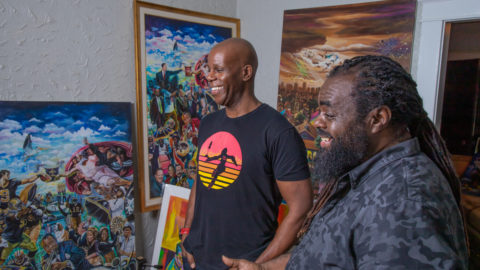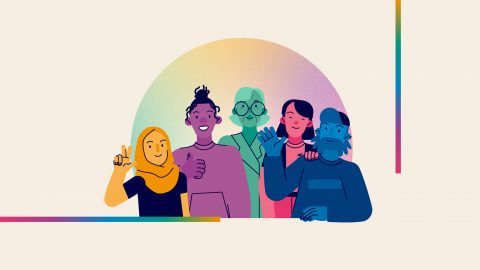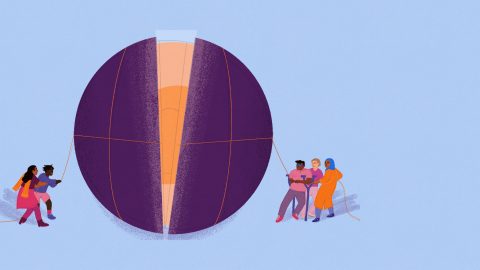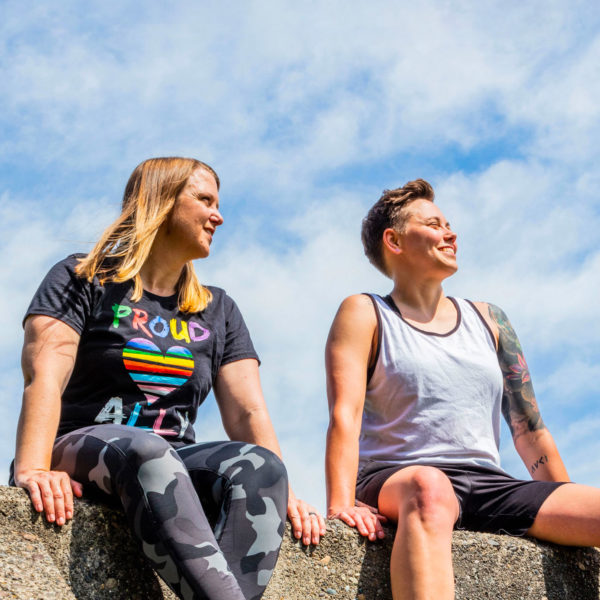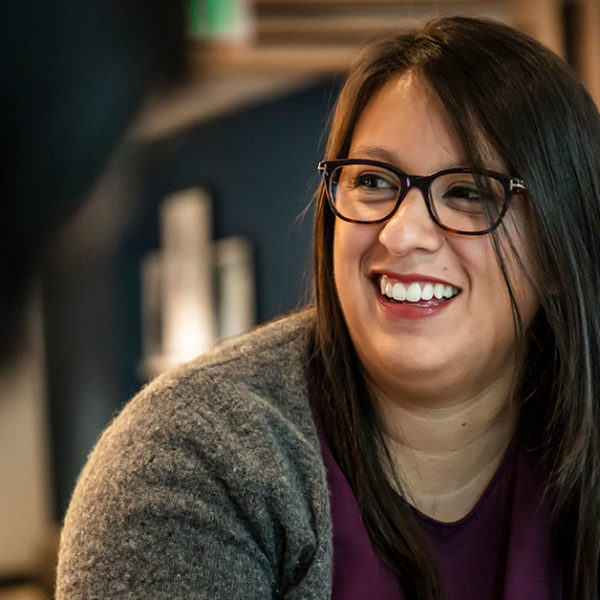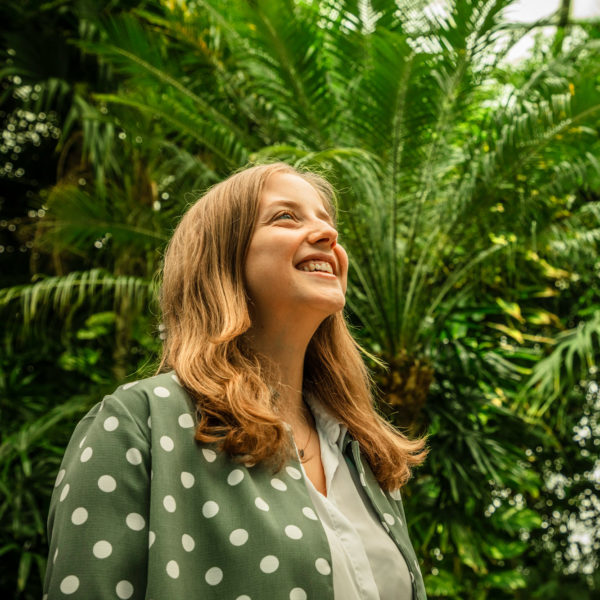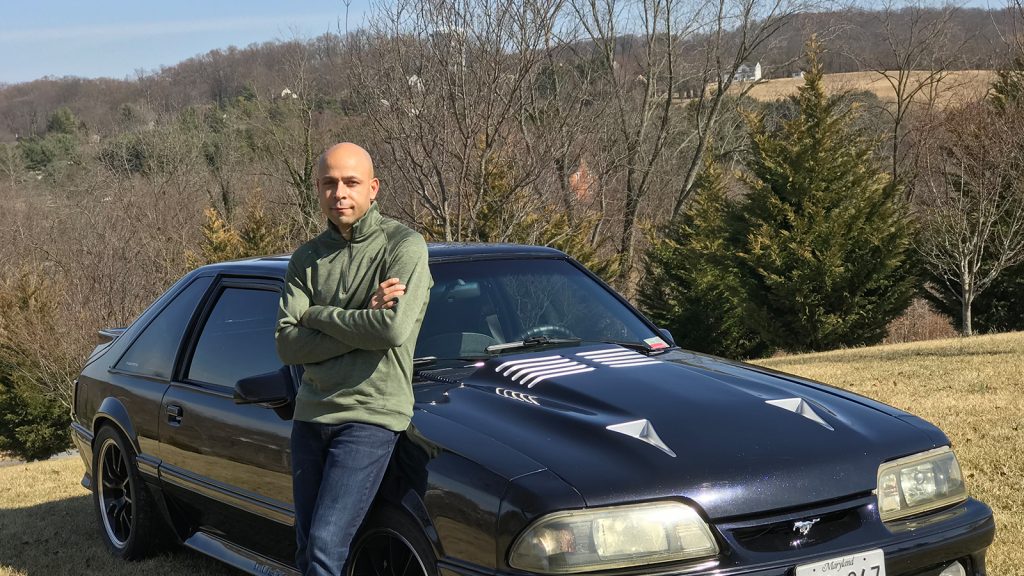
“During the last two weeks, I learned a lot more about his life and realized I was wrong about him.”
Military veteran Jay Witcher used his caregiver leave to make peace with his dying father.
My father died a few years ago.
I am a wounded veteran, and like many others just like me, I’ve dealt with post-traumatic stress disorder (PTSD) because of all the death and dying I’ve seen—deaths that were not peaceful. My dad’s passing was so different. He was in his home and took his last breaths quietly, while I read a book to him. I’ve never seen a beautiful death before, and seeing him at such peace did as much to ease my PTSD as the 20-plus years I’ve been in therapy.
But it wasn’t just the way he died that was therapeutic. I got to live with my father for his last four weeks of life, the longest amount of time we had ever spent alone together, time that I never imagined we’d get but that altered my outlook on life forever.
During that time, I got to know a different dad. And I was able to become a different son.
‘Something about him was off’
In 2007, I was working at Microsoft in Redmond as a development program manager. Over the years, I’d periodically flown back east to visit my dad, and on one of these trips something about him was off. His house and his person were in shambles, and he’d lost a lot of weight. I had to pry the reason out of him, but he finally confessed that he’d been diagnosed with cancer four years prior. He’d told no one and was refusing treatment.
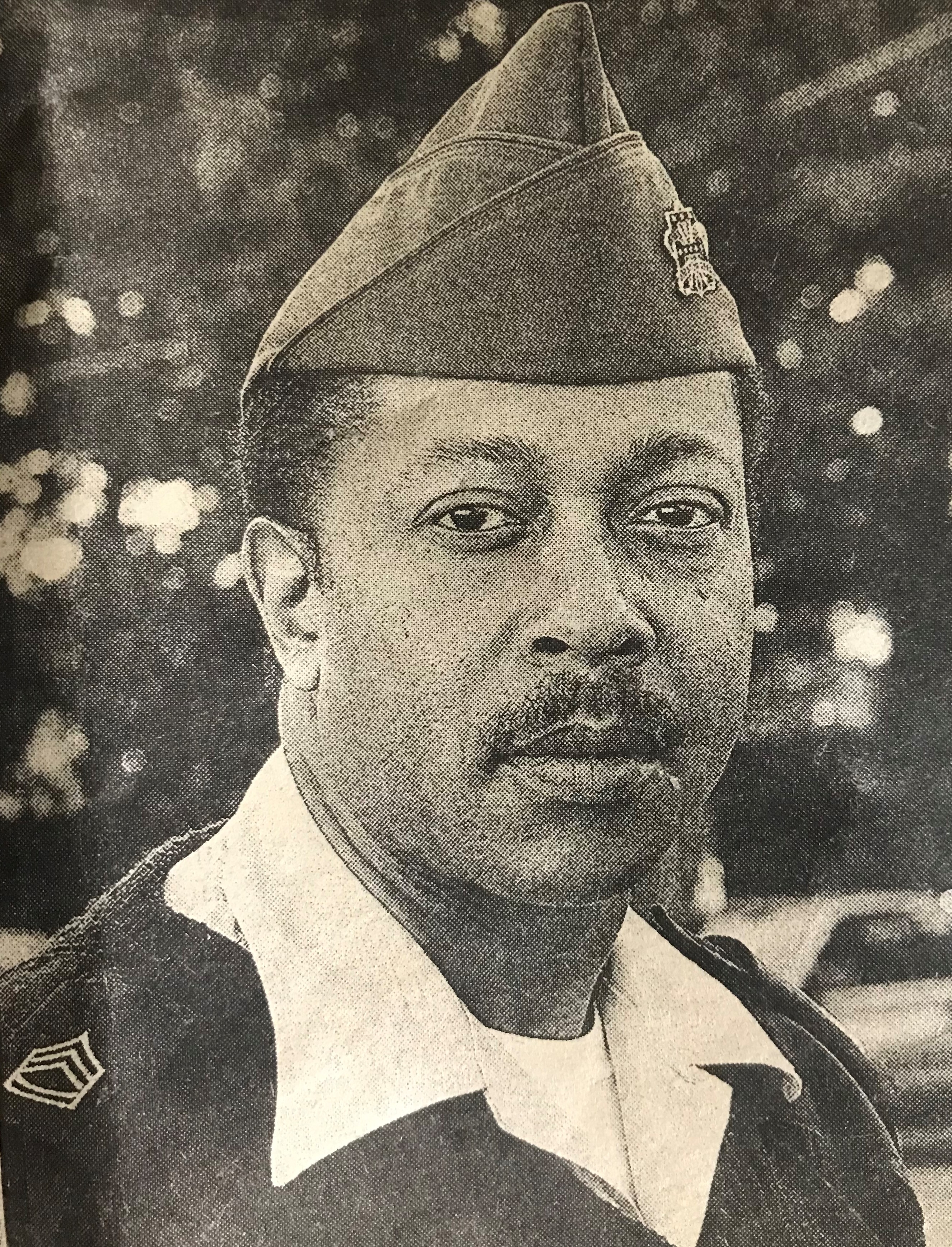
My dad was a very proud man. He was a drill sergeant and a military police officer for 25 years. He didn’t hug me; he didn’t say “I love you.” And he as sure as hell would never ask anyone for help. To him, that would be a sign of weakness. He knew that if he had told me, I’d probably quit and move back east. He didn’t want me to give up my job. Being from humble means, we were both proud that I worked at Microsoft.
He was right, though. I decided to quit my job and move closer to my dad. I walked into my manager’s office prepared to resign, but he told me that there were other options. He helped me find a new position in sales, and I moved my family to Maryland. I immediately let my new team know that my priority would have to be my father, and they said not to worry about it, that I’d have the flexibility I needed.
Despite my dad’s original prognosis, he lived for another nine years after we convinced him to get treatment. The cancer came back about every two years and would eventually metastasize to his bones, lungs, and finally brain. During that time, I had to show up at his house unannounced to take him to his appointments, because he would never ask for a ride. Eventually, my father started withholding his health updates from me entirely and told everyone else in my family to do the same; he was extremely nervous that my missing work would negatively affect my career. At one point, he had collapsed in his house, and my sister found him two days later, but still he was adamant, “don’t tell Jay!” It wasn’t until his stomach had perforated and he needed emergency surgery that I was finally brought back into the loop.
In my rush to the hospital, I sent my Microsoft manager a quick note saying I didn’t know what would happen. He told me not to worry about work, that they’d hold the fort down while I was gone. Not having the stressors of work would turn out to be essential for the decisions I’d need to make in those coming days.
The man behind the uniform
While my dad was in the hospital recovering from surgery, it became painfully obvious that he was within weeks of dying. He insisted on not going to a care facility, so for a few days, my family and I had long talks about what to do, about who could take him in, and that’s when I made the call to move in with my dad. I didn’t even ask him. I was the only one who had any flexibility with their job, and this was before I knew about Microsoft’s family caregiver benefit. I just figured I’d use my vacation and whatever else was possible. Seeing how other people’s jobs were very hard to leave for several days made me appreciate my company of 17 years even more than I had already.
In the next weeks, I spent every hour with my dad. My wife took care of our four children at home, and I knew I didn’t have to think about work. I could focus on the time I had with him.
For the first two weeks, things were very pragmatic and polite between us. I told him one day, “You know you are going to die, right?”
He said, “Yeah.”
And I asked, “So, do you regret anything?”
“Nah.”
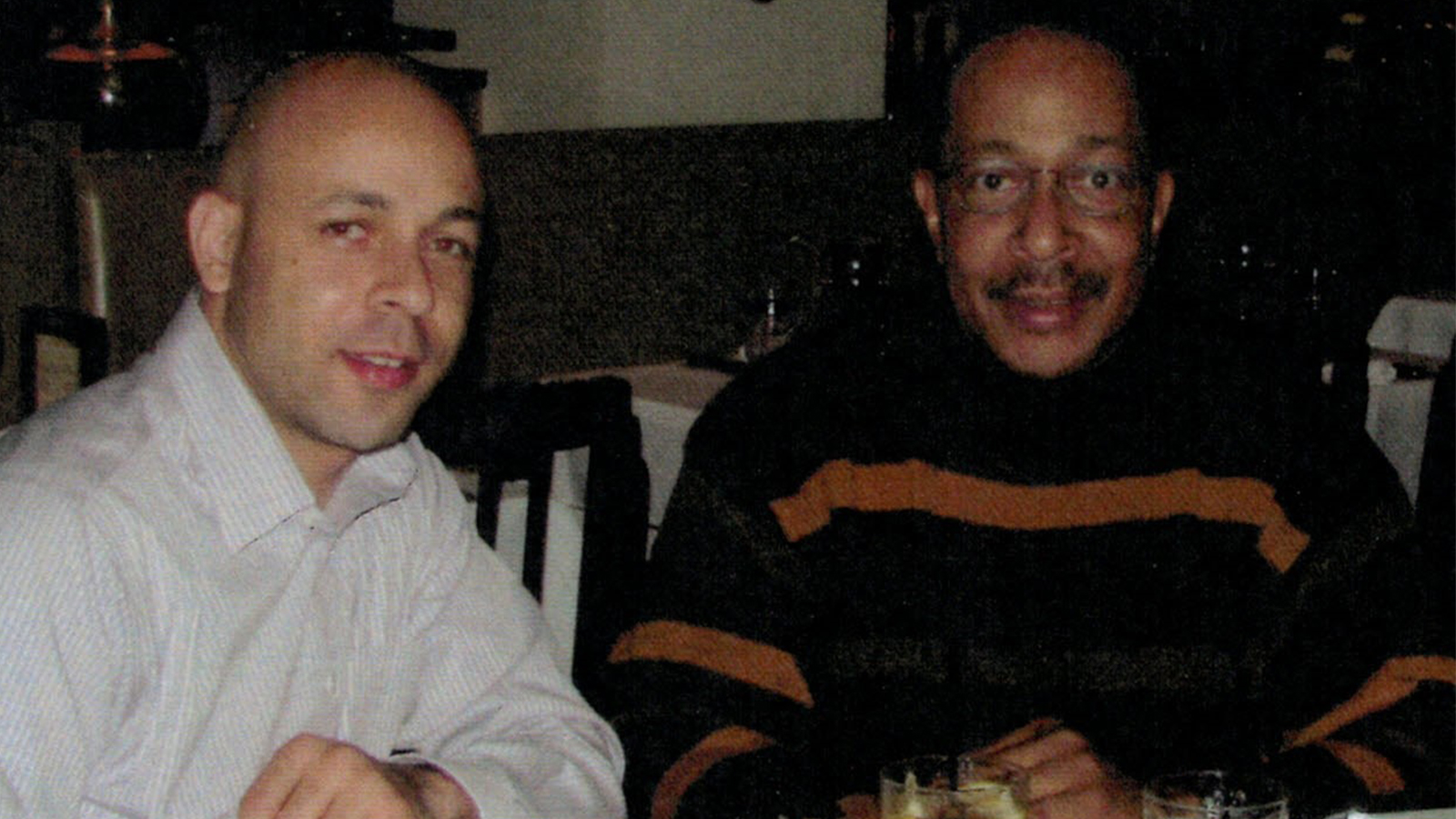
I kept asking. Eventually he started answering my questions: “What’s the highlight of your life?” “What’s your favorite song?”
That’s when things began to shift between us.
He softened up as he ruminated on his life. He opened up about how much he regretted his behavior that led to his divorcing my mom (which estranged us for almost a decade) and apologized for a lot of things he’d done as a young father.
Once we started talking more freely, we started to bond. I’d ask, “Dad, what do you want to do today?” And we’d laugh watching Dave Chappelle or sit and listen to jazz records.
During the last two weeks, I learned a lot more about his life, and I realized I was wrong about him. He wasn’t a cold, regimented, drill sergeant.
I never knew that he became an EMT in inner-city Detroit, taking shifts at night after working as a soldier all day long. I found out that he volunteered as a mentor with Big Brothers for 14 years, worked with the Civil Air Patrol, and intervened in the lives of at-risk kids like my neighbor who was on his way to jail and now works as a security guard in one of the largest prisons in Maryland.
It chokes me up even now; my dad was one of the most compassionate people I’d come to know.
Bob, my father, passed on November 2. My only regret is that we didn’t get to talk openly sooner.
Meanwhile, back at work . . .
During the time with my dad, I checked in with my manager once. And I got one response from him: “All good here.”
I had no stress at all about work, and my family couldn’t comprehend it. My sister had to “beg, borrow, and steal” time off from her coworkers, and she still only got three days covered. Microsoft’s family caregiver leave—four weeks of paid leave to take care of a sick or dying immediate family member—gave me so much more than monetary peace of mind.
I believe that I would have had a breakdown if I had to work during the time I took care of my dad. Due to my PTSD and being a severely wounded veteran with only half of my internal organs functioning, I already struggle with stressful situations. With the weight that came down on me when I found out that my dad was going to die, taking conference calls with customers or other work tasks could have sent me into internal gridlock. I think I would have completely shut down, but because of the support from my amazing wife and my Microsoft family, my father’s death was a life-changing, therapeutic experience.
And later when my daughter had her own medical issue and I needed to focus on my family, my manager again echoed the refrain that I heard over and over at Microsoft:
“Go. Go be with your family.”



